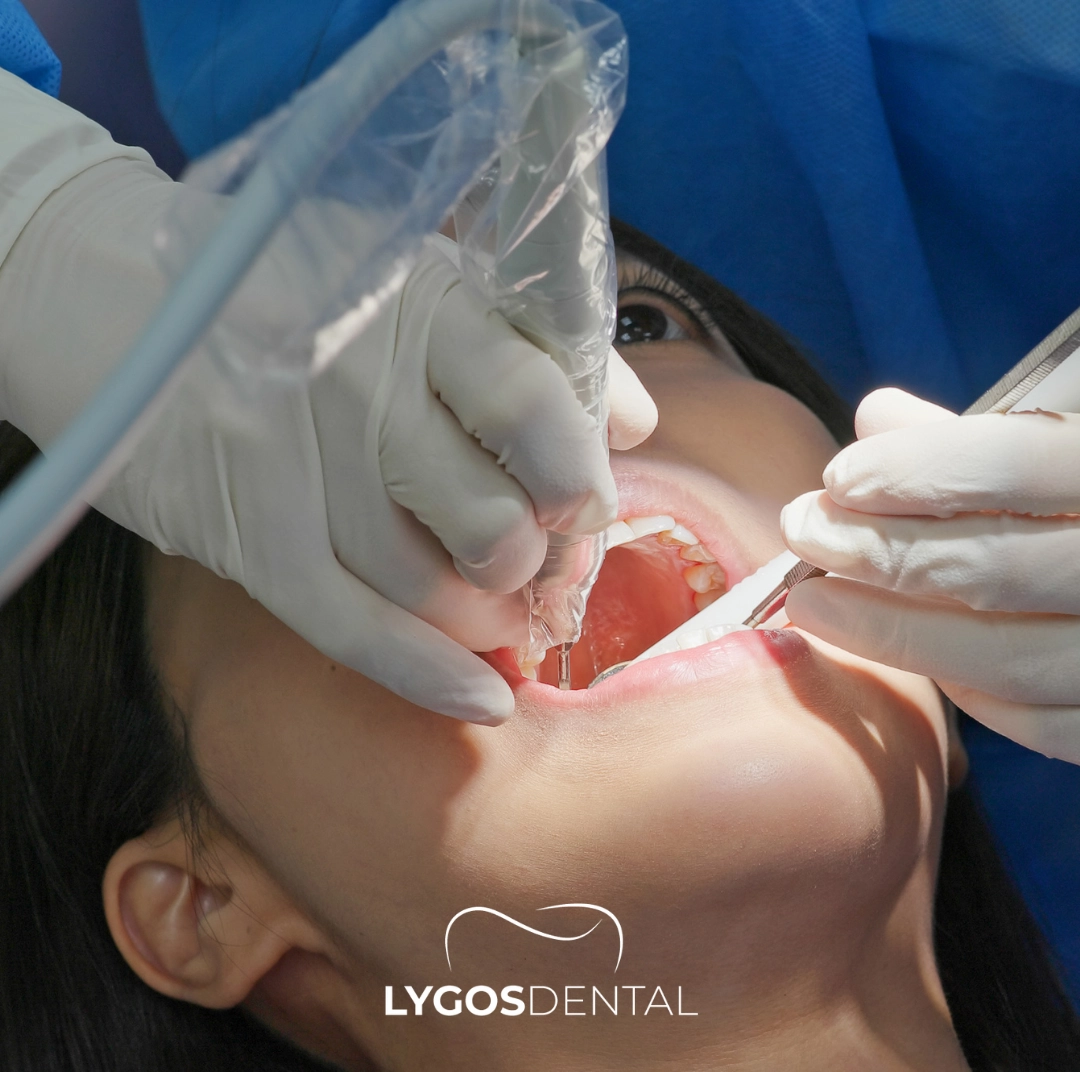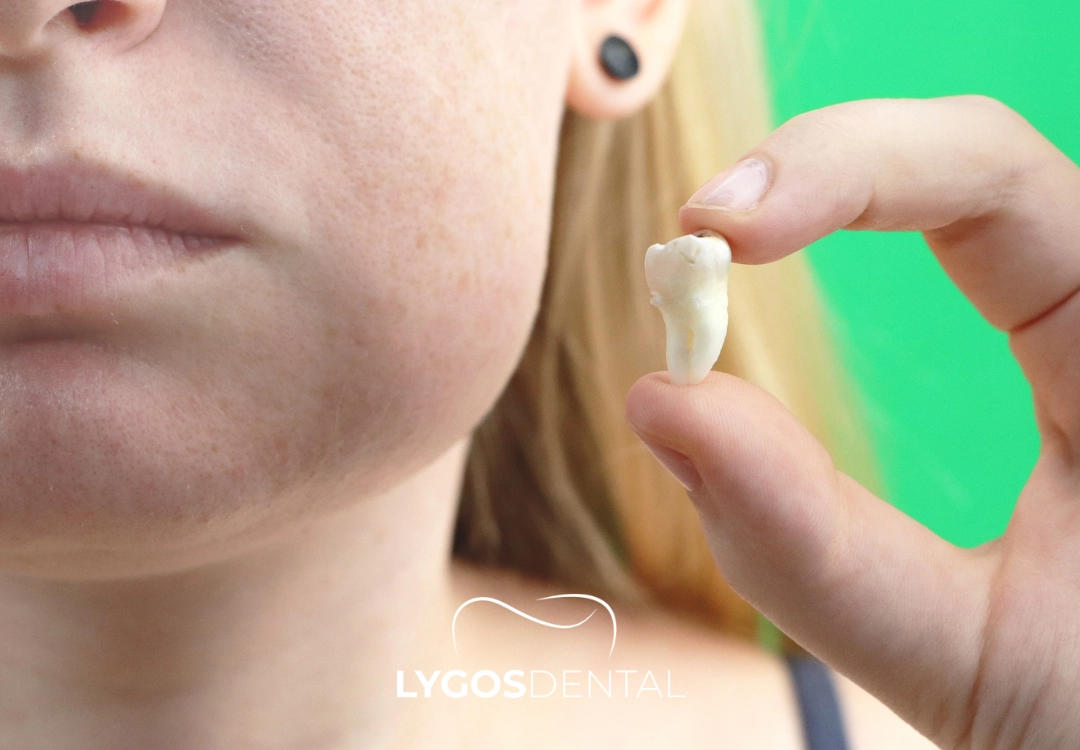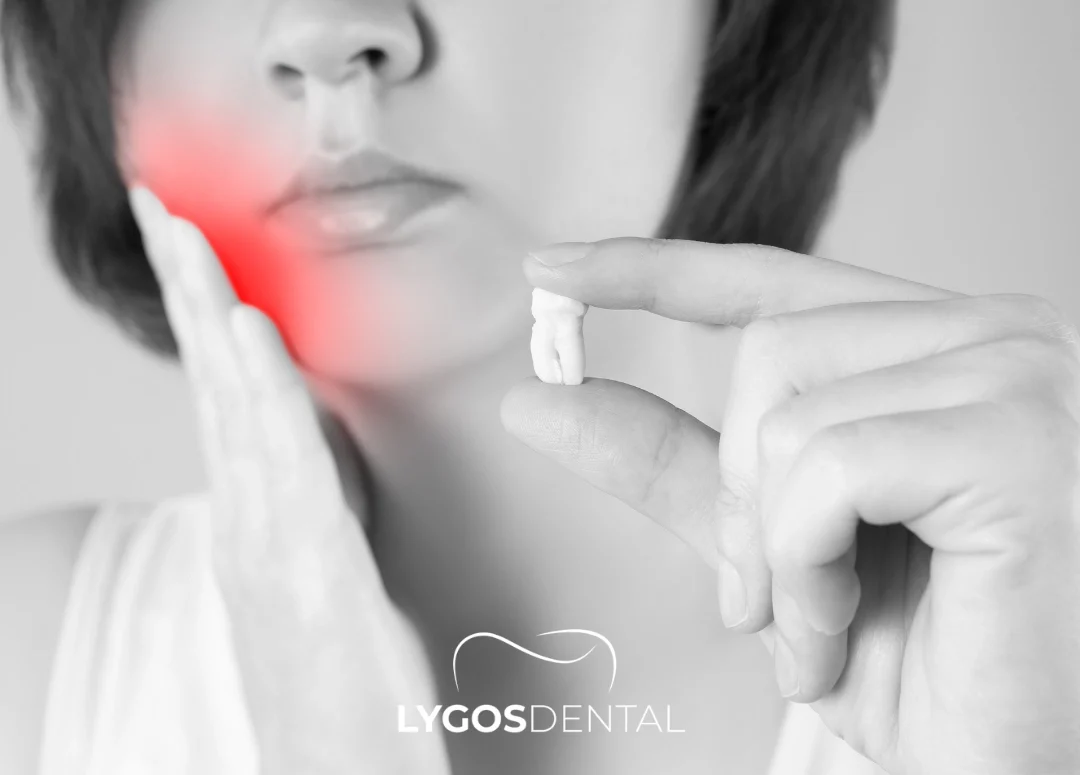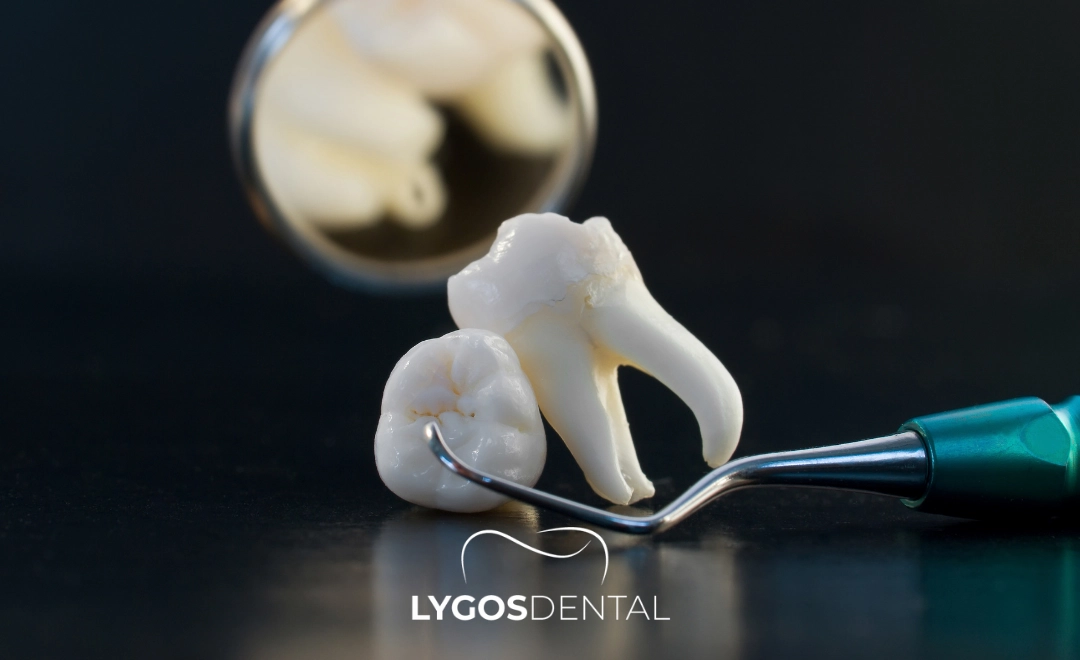Best Dental Clinic in Istanbul
So, how does tooth loss affect speech? In this article, we will examine in detail the effects of tooth loss…
Wisdom teeth extraction is not merely a routine procedure; it is often essential for maintaining overall oral health. The reason for this necessity stems from the unique position of these molars. Wisdom teeth are situated at the farthest part of the mouth, making them challenging to access and thoroughly clean. This difficulty can lead to cavities or periodontal disease. When wisdom teeth do not emerge properly, they may become impacted, which can create pressure against adjacent teeth, resulting in pain and discomfort.
Choose Your Topics
The wisdom tooth extraction process typically starts with a detailed dental evaluation. During the initial visit, the dentist reviews the patient's dental and medical history and conducts a thorough oral examination..
X-rays are commonly used to evaluate the positioning of the wisdom teeth, their roots, and the surrounding bone structure. This data is essential for assessing the difficulty of the extraction procedure.
Once the assessment is complete, the extraction procedure is scheduled. Local anesthesia is usually applied on the day of the procedure to numb the area around the wisdom teeth, ensuring the patient experiences minimal discomfort during the extraction.
For more complex cases or for patients who are particularly anxious, general anesthesia may be used, allowing the patient to remain unconscious throughout the procedure.
The extraction procedure differs depending on the tooth's condition. For fully erupted teeth, the dentist makes an incision to reveal the tooth and surrounding bone. If the tooth is impacted, it might be necessary to remove some bone or divide the tooth into smaller fragments to make extraction easier.
After the tooth is extracted, the site will be cleaned to remove any debris or bacteria, and stitches may be placed to promote healing.
Patients will receive detailed post-operative care instructions, which are essential for recovery. These instructions typically include recommendations on pain management, dietary restrictions, and signs of complications to watch for.
Experiencing pain related to wisdom teeth can be quite uncomfortable, making effective pain management essential for comfort and recovery. Pain relief and inflammation reduction are commonly managed with over-the-counter medications such as ibuprofen and acetaminophen.
While these medications can be used as directed, it is best to consult a healthcare professional if the pain persists. In addition to medications, home remedies can provide relief. Using a cold compress on the outside of the cheek can help numb the area and minimize swelling during the first 24 hours after the extraction.
Rinsing the mouth with warm salt water promotes healing and cleanses the extraction site, while clove oil can be applied directly to the painful area for temporary relief. However, it’s essential to limit use to avoid causing skin irritation. It is essential to uphold proper oral hygiene during the recovery period.
Gently brushing and rinsing the mouth helps keep the area clean, although patients should avoid the extraction site for a few days to prevent dislodging blood clots. Staying hydrated and consuming soft, nutritious foods like yogurt and smoothies aids in recovery, ensuring patients receive essential nutrients without exacerbating discomfort.

There are several signs that may suggest wisdom teeth are causing issues. Understanding these symptoms can prompt timely dental intervention. Common symptoms include:
Discomfort can range from mild to severe, with throbbing pain in the back of the mouth that may radiate to the jaw, neck, or ear.
The gums around the wisdom teeth may become swollen or inflamed. Swelling can extend throughout the entire jaw, hindering the ability to open the mouth.
Indicators of infection can manifest as pus, persistent bad breath, and a foul taste lingering in the mouth. An infection may also cause fever and general malaise.
Difficulty opening the mouth can indicate pressure from impacted teeth. Patients may struggle to open their mouths completely due to restricted mobility.
The pressure from wisdom teeth can affect adjacent teeth, resulting in crowding or misalignment. This can affect the bite and necessitate orthodontic treatment.
In some cases, impacted wisdom teeth can cause the formation of cysts or tumors, potentially damaging nearby teeth and the surrounding bone structure. Symptoms of this may include swelling or the feeling of a lump in the gum area.

Wisdom tooth surgery refers to the extraction procedure itself. The complexity of the surgical procedure is influenced by the position and condition of the teeth. For fully erupted teeth, extraction is often simple and quick. However, impacted teeth typically need more complex surgical procedures, such as removing bone or cutting the tooth into smaller pieces.
The extraction process usually lasts between 45 minutes and an hour, influenced by the number of teeth being removed and the intricacy of the procedure. After the extraction, patients are generally monitored for a brief period before being cleared for discharge.. Dentists often offer sedation options to ensure patient comfort during the procedure.
Following the surgery, patients are usually monitored for a brief time before being released. It’s crucial to have someone accompany them, as the effects of anesthesia may persist, making it unsafe to drive or operate machinery right afterward.
Swelling is a common side effect following wisdom tooth extraction. Swelling usually peaks within 48 hours after the procedure and may cause discomfort. To reduce swelling, patients should use cold compresses on the affected area during the first 24 hours following the extraction.
After this time, switching to warm compresses can help enhance healing by increasing blood flow to the area. It is important for patients to be aware that some swelling is normal and should gradually decrease over the following week. However, if the swelling increases or is accompanied by severe pain or fever, it may signal an infection or complication that necessitates immediate dental attention.


In rare cases, wisdom tooth extraction can lead to nerve damage, particularly if the teeth are located close to the nerves in the jaw. Indicators of nerve damage may include numbness, tingling, or a burning sensation in the tongue, lower lip, or chin.
While most patients recover fully from nerve damage, some may experience lingering symptoms that can be frustrating and concerning. The risk of nerve damage can be discussed with the dentist during the pre-operative consultation. Dentists may take additional precautions, such as using imaging techniques to map the nerves in the area, to minimize this risk during surgery.
The recovery process following wisdom tooth extraction can vary significantly among individuals but generally involves several key stages. Immediately after the procedure, patients often feel groggy, especially if sedation was used, so it’s crucial to have someone accompany them home.
In the initial days after the procedure, it’s normal to feel pain and swelling; however, these issues can be managed effectively with prescribed medications or available over-the-counter pain relievers. Adequate rest is important during this time, and patients should steer clear of vigorous activities to help reduce discomfort and swelling.
A follow-up appointment is generally arranged within a week to evaluate healing and resolve any complications. Diet plays a vital role in recovery; for the first few days, patients should consume soft foods like yogurt, smoothies, and applesauce.
As healing progresses, they can gradually reintroduce firmer foods while being mindful of any pain. Complete healing may take several weeks, during which maintaining good oral hygiene is critical. Patients should gently brush their teeth, avoiding the extraction site until it has healed adequately.


Istanbul is home to numerous dental clinics specializing in wisdom tooth extraction, offering a wide range of services at more affordable rates. Many clinics use advanced techniques and state-of-the-art technology to ensure high standards of care.
Certain clinics focus specifically on international patients, providing multilingual staff and customized services. The dental community in Istanbul is continuously advancing, making the city an attractive option for those in need of wisdom tooth extraction.
A wisdom tooth extraction typically takes about 20 to 40 minutes, depending on the complexity of the case and the position of the tooth.
The complexity of a wisdom tooth extraction can differ. Fully erupted teeth are generally easier to extract, whereas impacted teeth may necessitate more intricate procedures, which can complicate the extraction.
While some discomfort is expected after the anesthesia wears off, the procedure itself is usually painless. Dentists administer local or general anesthesia to reduce pain during the extraction process.
The gap left by a wisdom tooth extraction can take several weeks to months to close, depending on individual healing rates and oral care practices. The surrounding gum tissue will gradually fill in the space over time.
So, how does tooth loss affect speech? In this article, we will examine in detail the effects of tooth loss…
So, how does tooth loss affect speech? In this article, we will examine in detail the effects of tooth loss…
So, how does tooth loss affect speech? In this article, we will examine in detail the effects of tooth loss…

Special Note:
Our treatments are provided by healthcare facilities that possess a health tourism authorization certificate

Special Note: Our treatments are provided by healthcare facilities that possess a health tourism authorization certificate
Selenium Retro, Ataköy 7-8-9-10. Kısım, D-100 Güney Yanyolu No:18/A, 34158 Bakırköy/İstanbul
© 2025, LYGOS DENTAL. All Rights Reserved.